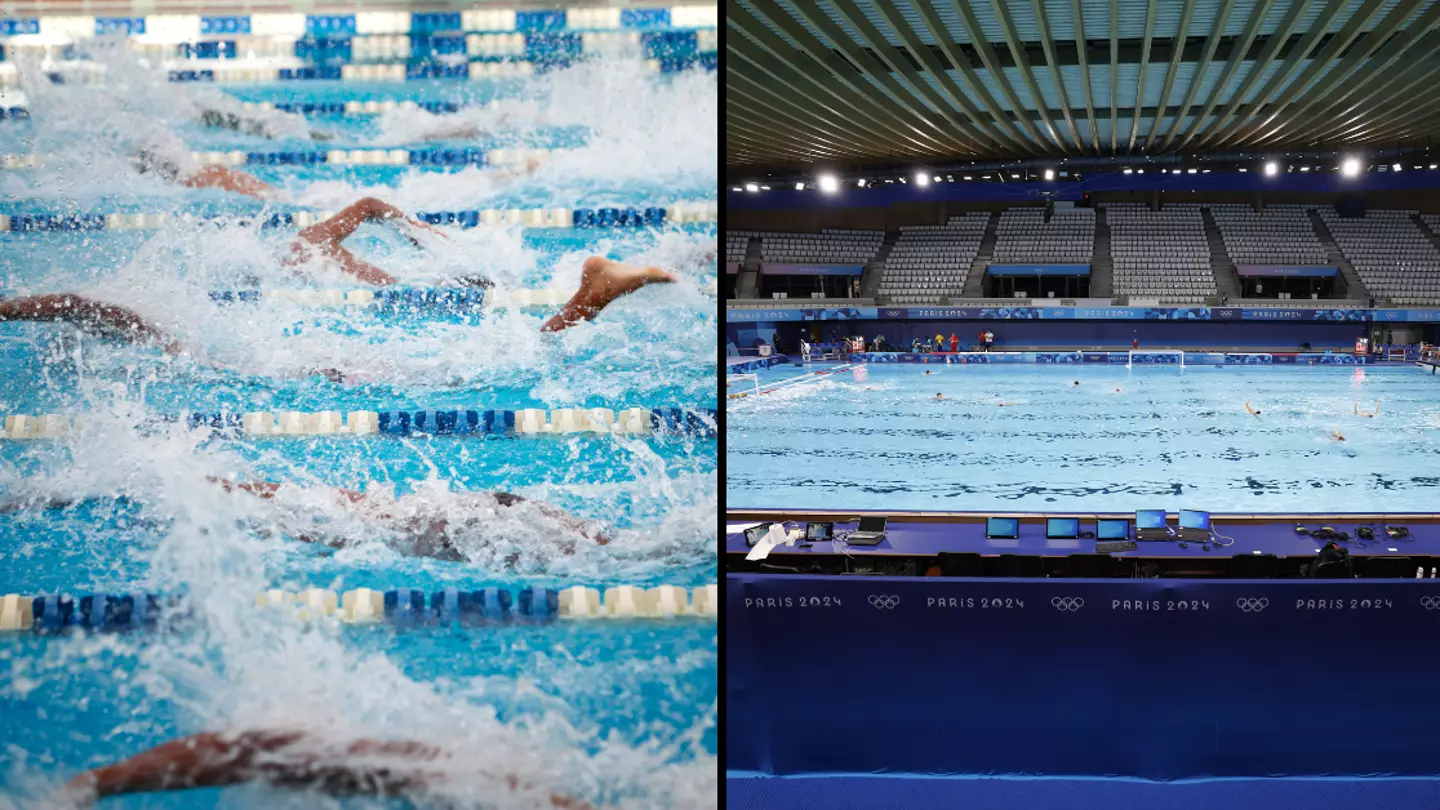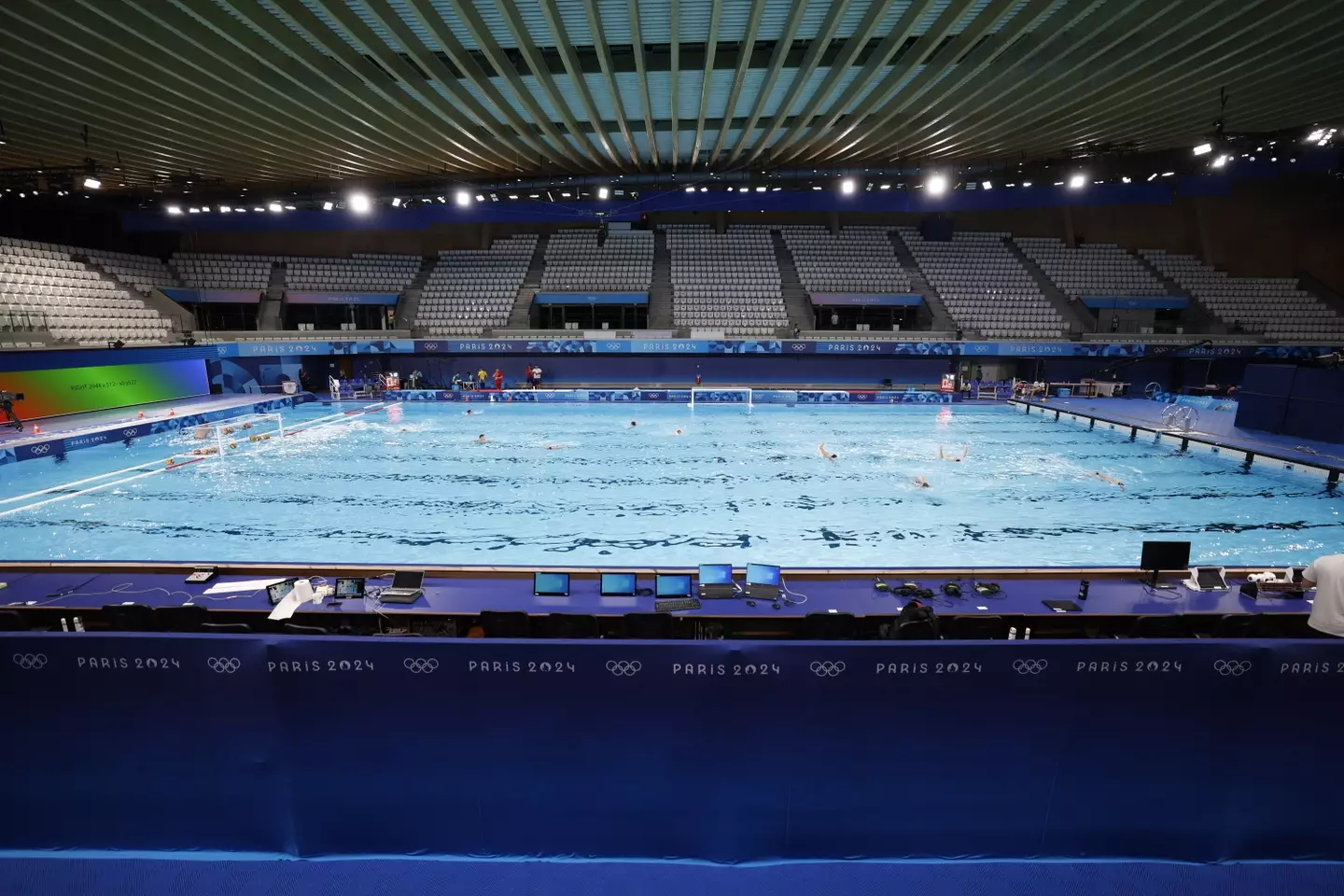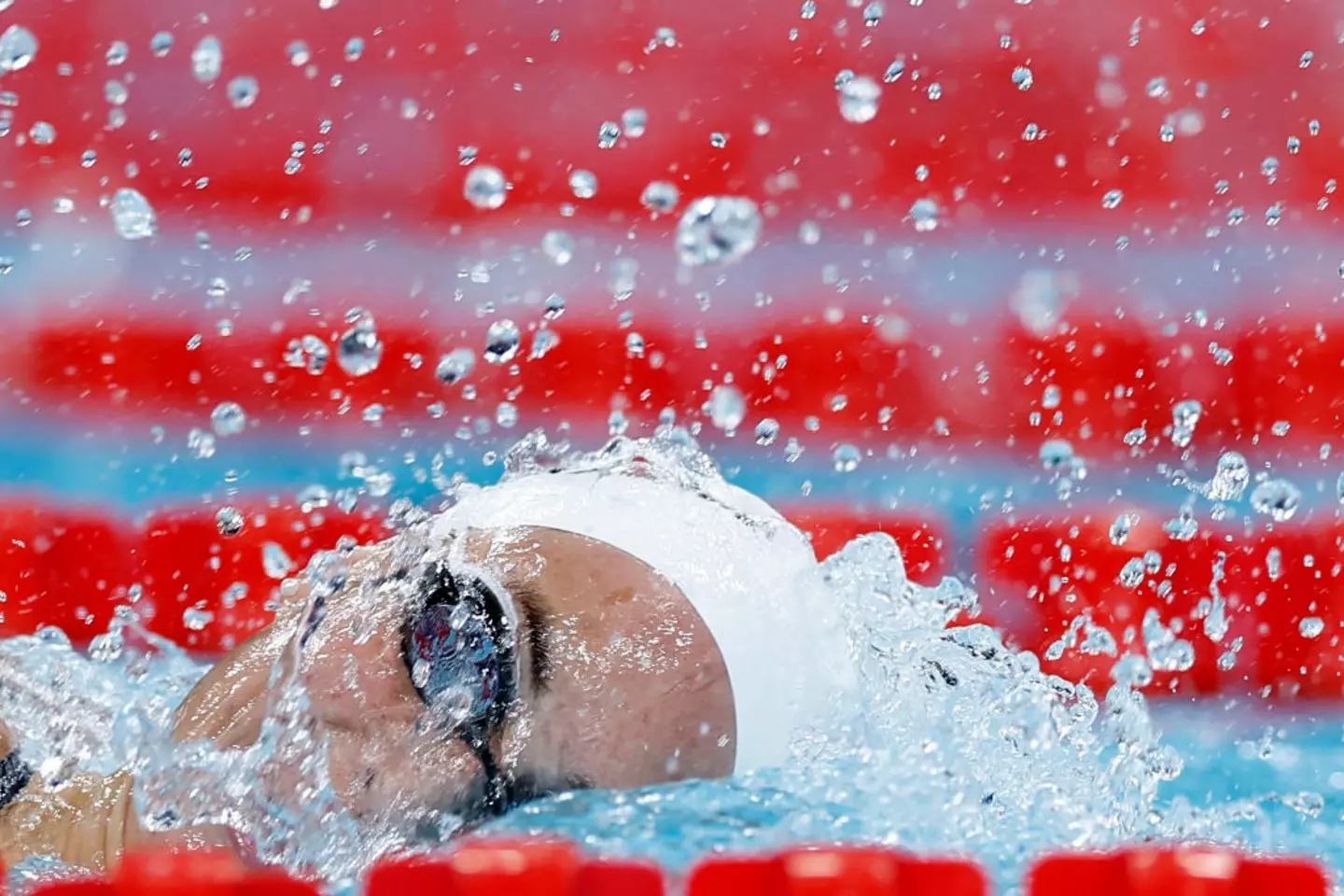
Being a lifeguard for the best swimmers on the entire planet feels, on paper, like an easy enough job.
After all, we're sure an injured Michael Phelps - arguably the greatest swimmer of all time - is probably still better at looking after himself than most average people.
Compare it to being a bodyguard for Anthony Joshua. It kind of feels redundant in the most obvious way.
Advert
But there is legitimate reason why Olympic swimmers have lifeguards at their events, despite one viral meme from the 2016 Rio Olympics stating: "If you feel useless today, remember someone is working as a lifeguard at the Olympics."
For the 2024 Paris Olympics, swimming events - of which there is a hefty 37 - will take place place 27 July to 4 August in the Paris La Défense Arena.
And on 8 and 9 August, the 10k swimming events will take place in the River Seine, flowing through the centre of Paris.
This is despite concerns over the water quality and a viral hashtag which translates as 'I Poo In The Seine'.
For those chuckling at the lifeguards at these events, just know their existence isn't as redundant as you might be thinking.

That's according to James Meyers, a lifeguard out of Nebraska, USA. Becoming a lifeguard at the age of 16, it's all he's ever known professionally.
During his years he has volunteered as co-chair of the pool operations committee for the 2008 US Olympic Trials-Swimming before becoming chairman of the lifeguard committee in 2012.
In total he's worked on four Olympic trials as a lifeguard during his illustrious career, which is now in its 30th year.
"It is a misconception that we're useless," he told Business Insider back in 2021.
"Unfortunately, people do get hurt so we have a role. Of the four Olympic trials where I've been a lifeguard, this year was the first we didn't have to get in the water."

James revealed that while they are of course there on hand to helps athletes in need, their importance is actually hugely focused elsewhere.
He explained: "It's not just the athletes we have to look after, oftentimes you have outside groups that use the pool in between trials' prelims and the finals.
"We're not just life guarding the athletes, we are also lifeguarding for those events. We've never had to go in for an athlete, it's always been for everyone else."
Comparing the role to like being on call at a fire station, James said the 'whole goal is to be in the background'. The focus is on helping injured people in the pool, compared to responding to drownings in a public pool.
Should something bad happen, they're there to stop it from getting worse and hopefully, save the day.